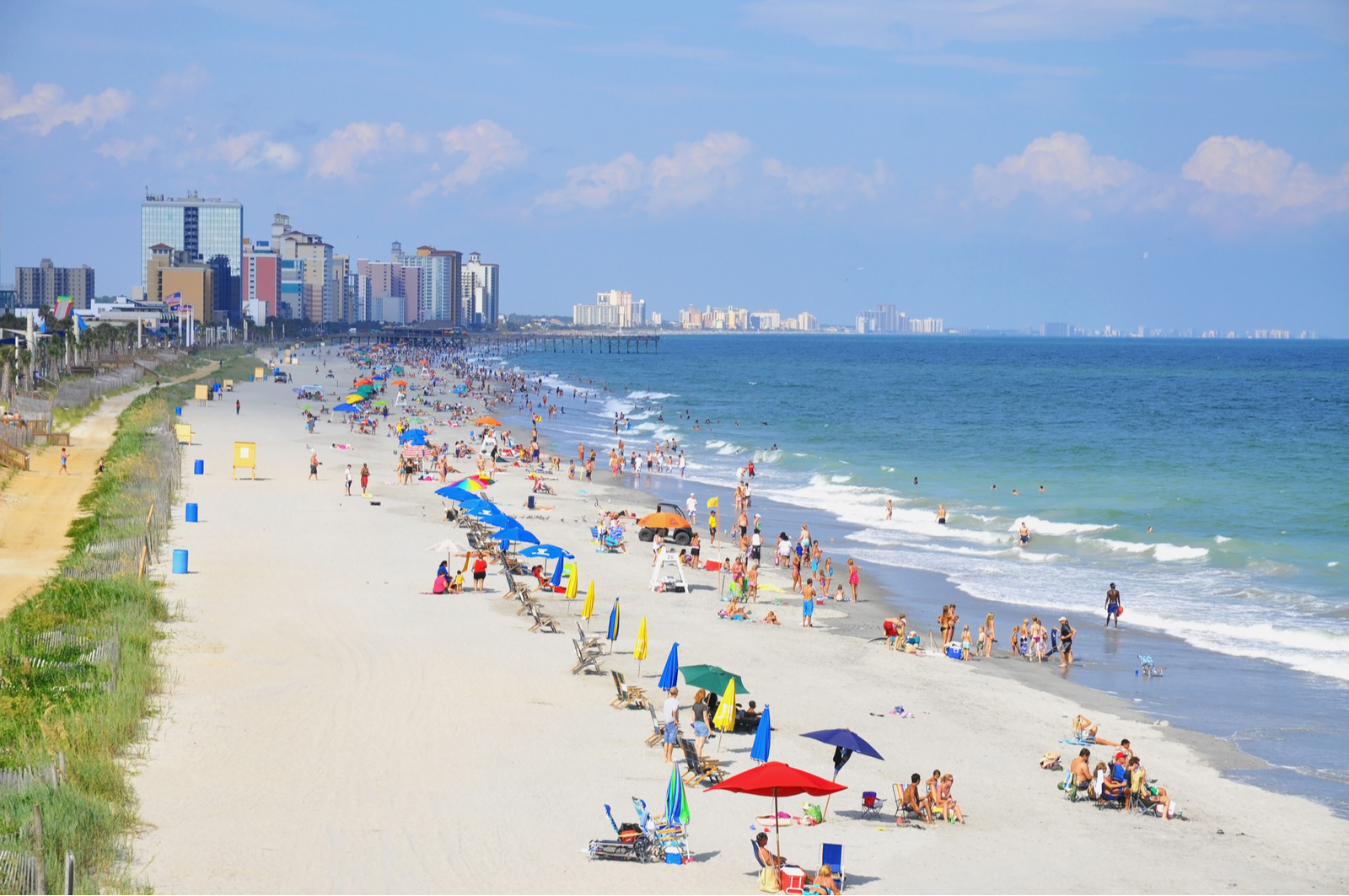Myrtle Beach, South Carolina, is renowned for its beautiful coastline, vibrant nightlife, and family-friendly attractions. However, recent concerns about safety have led some to question why Myrtle Beach has earned a reputation for being dangerous. In this blog, we will explore the factors contributing to this perception and provide a balanced view of the situation.
Crime Rates
One of the primary reasons Myrtle Beach is perceived as dangerous is its crime rates. While it remains a popular tourist destination, the city has experienced higher-than-average crime rates compared to national statistics.
Types of Crimes:
- Property Crime: Theft, burglary, and vandalism are common issues. Tourists often become targets for petty theft, especially in crowded areas and during peak tourist season.
- Violent Crime: Although less common than property crime, incidents of violent crime such as assault and robbery have been reported. These incidents can be alarming for both residents and visitors.
Tourist Crowds
Myrtle Beach attracts millions of visitors each year, especially during the summer months. The influx of tourists can contribute to the perception of danger due to several factors:
- Increased Crime Opportunities: Crowded areas provide more opportunities for crime, including pickpocketing and scams.
- Traffic Accidents: With more people on the roads, the likelihood of traffic accidents increases. Distracted driving, unfamiliarity with the area, and impaired driving can all contribute to this issue.
Natural Hazards
Myrtle Beach’s natural beauty also comes with certain risks. The area is prone to several natural hazards that can pose dangers to visitors:
- Rip Currents: The Atlantic Ocean’s powerful currents can be hazardous for swimmers. Rip currents are responsible for numerous rescues and, unfortunately, some fatalities each year.
- Hurricanes: Myrtle Beach is located in a region susceptible to hurricanes. Hurricane season, which runs from June to November, can bring severe weather, flooding, and damage to the area.
Safety Measures
Despite the concerns, it’s important to note that Myrtle Beach has taken significant steps to improve safety for both residents and visitors:
- Increased Police Presence: The local police department has increased patrols in high-traffic tourist areas to deter crime and ensure quick responses to incidents.
- Public Safety Campaigns: Efforts to educate the public on safety measures, such as beach safety and crime prevention, have been implemented.
- Improved Infrastructure: Investments in better lighting, security cameras, and emergency response systems have been made to enhance overall safety.
Staying Safe in Myrtle Beach
If you’re planning a trip to Myrtle Beach, there are several precautions you can take to ensure a safe and enjoyable visit:
- Be Aware of Your Surroundings: Stay vigilant, especially in crowded areas and at night. Keep your belongings secure and be cautious of strangers.
- Follow Beach Safety Guidelines: Swim in designated areas, heed lifeguard warnings, and be aware of rip currents.
- Prepare for Weather Conditions: Stay informed about weather forecasts, especially during hurricane season. Have an emergency plan in place.
- Practice Safe Driving: Follow traffic laws, avoid distractions, and never drink and drive.
Conclusion
While Myrtle Beach has its share of safety concerns, it remains a beloved destination for many. Understanding the potential risks and taking appropriate precautions can help ensure a safe and enjoyable experience. By staying informed and vigilant, you can enjoy all that Myrtle Beach has to offer while minimizing the risks.
FAQs About Safety in Myrtle Beach
Q1. What are the most common crimes in Myrtle Beach?
The most common crimes in Myrtle Beach include property crimes such as theft, burglary, and vandalism. While violent crimes like assault and robbery do occur, they are less frequent compared to property crimes. Tourists should be especially cautious of petty theft in crowded areas.
Q2. How can I stay safe while swimming in Myrtle Beach?
To stay safe while swimming in Myrtle Beach, always swim in designated areas monitored by lifeguards. Pay attention to lifeguard warnings and flags indicating water conditions. Be aware of rip currents and know how to escape them by swimming parallel to the shore before heading back to the beach.
Q3. What should I do to prepare for a potential hurricane while visiting Myrtle Beach?
During hurricane season (June to November), stay informed about weather forecasts and heed any evacuation orders issued by local authorities. Have an emergency plan in place, including a list of local shelters and evacuation routes. Keep a supply of essentials such as water, food, and medications.
Q4. Are there specific areas in Myrtle Beach that are safer than others?
While crime can happen anywhere, certain areas of Myrtle Beach have higher crime rates. The central tourist district can be more prone to petty crime due to the high volume of visitors. Staying in well-lit, populated areas and being vigilant can help enhance your safety.
Q5. How can I protect my belongings from theft in Myrtle Beach?
To protect your belongings from theft, avoid leaving valuables unattended on the beach or in your car. Use hotel safes for storing important items, and be cautious when carrying bags or purses in crowded areas. It’s also a good idea to avoid displaying expensive items like jewelry or electronics openly.




